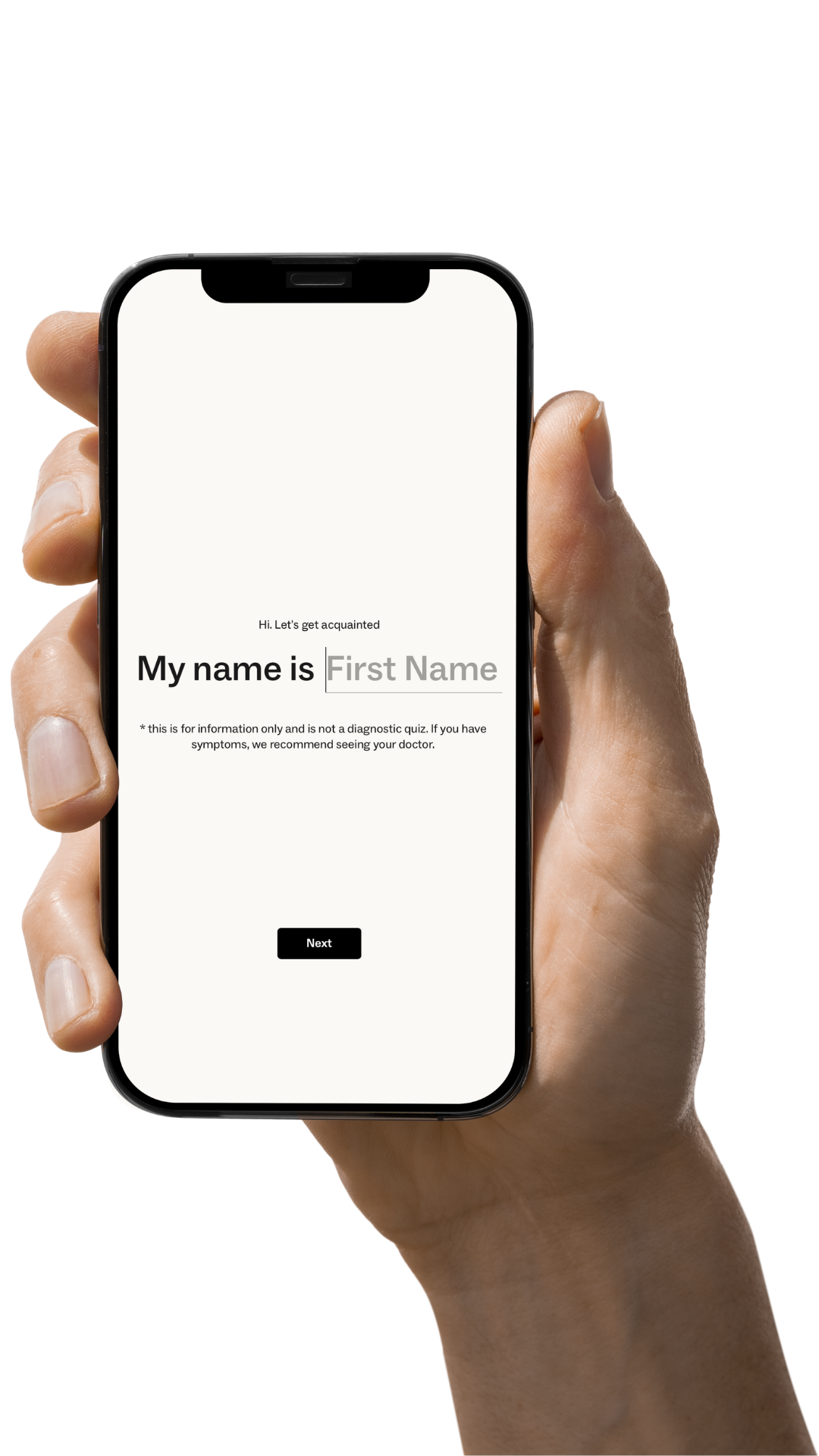After building 10's of thousands of people to better gut health, here are the top 5 hacks that 9/10 people with skin problems aren't doing!

1. Great skin begins within
Your gut is what allows good stuff in, and should keep bad stuff out. When there is dysfunction within the gut, and bad stuff starts to get into places it shouldn't, your immune system goes nuts.
Instead of attacking the invaders, your immune system attacks the invaders, and your own tissues. That's autoimmune, and that's what triggers skin problems like dermatitis, psoriasis, rosacea, and eczema, along with playing some role in skin breakouts.
Clearly, rule number 1 of great skin is: heal your gut.
2. Calm down
There are 2 ways to calm down:
- Calm inflammation in your body down
- Calm your mental and emotional state down
Both of these are important parts of providing the right conditions for your gut to heal. You can use things like Zinc Carnosine, Saccharomyces Boulardii (a type of probiotic), certain botanicals and nutritional compounds like L-glutamine to help with this.
Calming yourself down mentally means making sure:
- you get 7+ hours of sleep each night
- getting out into nature more
- and dealing with any previous trauma that upon reflection, may be the reason you're now experiencing these downstream symptoms.
3. Build gut strength
Your gut lining is thin - really thin - one cell thick kind of thin. That's a very delicate, for an organ that has so much work to do.
Keep it strong by eating easy to digest foods, and plenty of traditional proteins like collagen, gelatin, and organ meat.
Yeah yeah, we know - that's not easy to do. But you can make it easy by getting some pure collagen peptides and some desiccated organic liver in capsule form (no taste!).
You can also keep the mucosal layer that protects your gut lining strong by eating a wide variety of fruits and vegetables, which keep your gut bacteria happy, and well fed.
4. Eat to rebuild your metabolism
Too many people are too stressed, diet too often, and then binge eat when it all falls to pieces. Your gut requires a lot of energy to run itself properly - so give!
Eat foods that support your metabolism, energy, and ease of digestion like ripe fruit, animal proteins, cooked vegetables that don't cause you to be bloated, quality dairy like hard cheese, and basically anything your great grandma would recognise.
We recommend avoiding raw vegetables, too many leaves, seeds, nuts, legumes, beans and low quality dairy whilst you're healing up. Oh, and stay off the industrial additives like processed fats, sugar, emulsifiers, thickeners, and anything your great grandma wouldn't recognise (remember?).
5. Consider yourself on a healing journey
People on healing journeys commit to depositing more "health points" than they withdraw.
How do you deposit health points?
Sleep, play in nature, nourish your body with natural proteins + vitamins + minerals, eat more simple high quality foods, eat out less and in more, use collagen, organ meats and botanicals if you can, and have fun with friends.
Withdrawing health points?
Pretty much the opposite.






